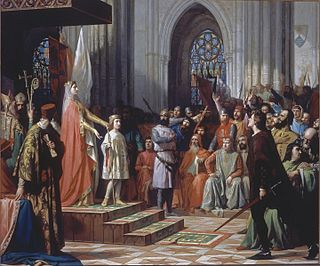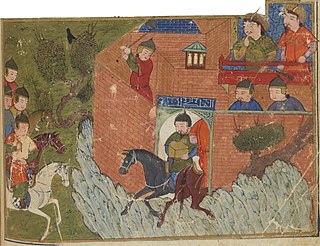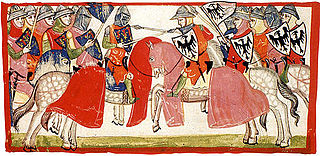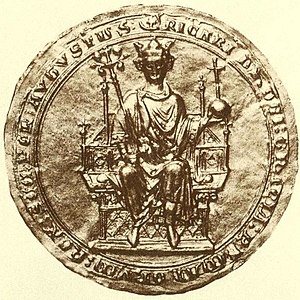
Year 1284 (MCCLXXXIV) was a leap year starting on Saturday of the Julian calendar.

Year 1238 (MCCXXXVIII) was a common year starting on Friday of the Julian calendar.
The 1250s decade ran from January 1, 1250, to December 31, 1259.
The 1240s was a decade of the Julian Calendar which began on January 1, 1240, and ended on December 31, 1249.
The 1260s is the decade starting January 1, 1260 and ending December 31, 1269.
The 1280s is the decade starting January 1, 1280 and ending December 31, 1289.
The 1290s was a decade of the Julian Calendar which began on January 1, 1290, and ended on December 31, 1299.
Year 1250 (MCCL) was a common year starting on Saturday of the Julian calendar.

Year 1295 (MCCXCV) was a common year starting on Saturday of the Julian calendar.

Year 1292 (MCCXCII) was a leap year starting on Tuesday of the Julian calendar.

Year 1271 (MCCLXXI) was a common year starting on Thursday of the Julian calendar.

Year 1256 (MCCLVI) was a leap year starting on Saturday of the Julian calendar.

Year 1246 (MCCXLVI) was a common year starting on Monday of the Julian calendar.

Year 1253 (MCCLIII) was a common year starting on Wednesday of the Julian calendar.

Year 1258 (MCCLVIII) was a common year starting on Tuesday of the Julian calendar.

Year 1261 (MCCLXI) was a common year starting on Saturday of the Julian calendar.

Year 1266 (MCCLXVI) was a common year starting on Friday of the Julian calendar.

Year 1281 (MCCLXXXI) was a common year starting on Wednesday of the Julian calendar.

Year 1285 (MCCLXXXV) was a common year starting on Monday of the Julian calendar.

Year 1287 (MCCLXXXVII) was a common year starting on Wednesday of the Julian calendar.














